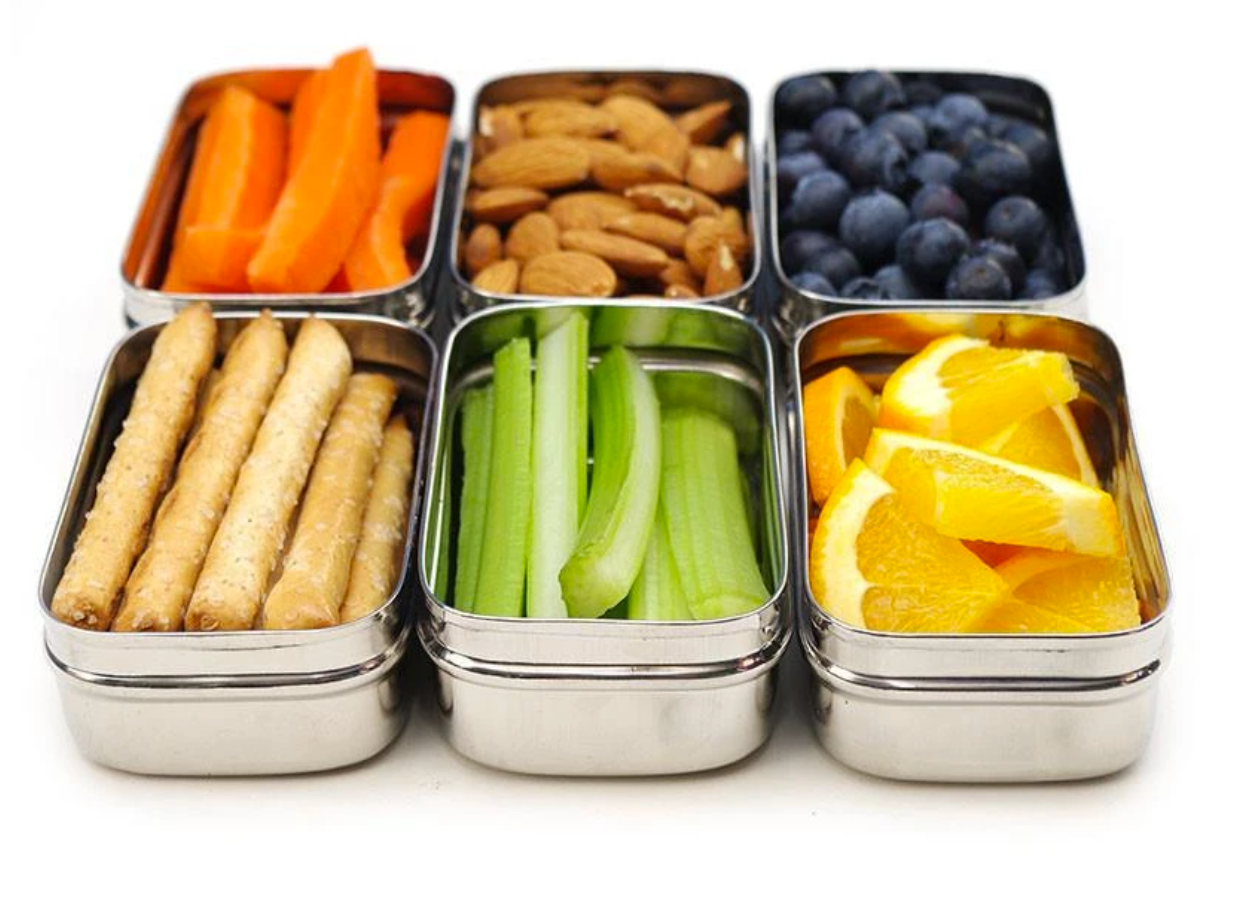The Relationship Between Climate Change and Inequality
During the last decade or so, the world's economic growth has helped reduce inequalities between rich and poor countries by 'lifting' millions of people out of poverty. However, that advancement will be set back by climate change rather soon. Climate change will bring back poverty and severely affect the poorest people among us.
According to recent research, by 2030, approximately 150,000 million people might be pushed into poverty. That same research showed that if we do nothing regarding climate change, all the previously mentioned efforts from the past will be reversed, and the inequality between people and regions will rise back again even stronger. This is where we can see the relationship between climate change and inequality. But let us clarify this even further.
Risks to Well-Being
We started measuring the emission of greenhouse gases somewhere around the Industrial Revolution. At the beginning of it, emitted gases were close to zero, but, after it, they have risen to 40 billion tons a year due to human activities.
These greenhouse gases are responsible for increasing the average annual temperature by 1 degree Celsius. You may think that that isn't much, but that 1 degree Celsius caused glaciers to melt, sea levels to rise, heat waves and droughts to occur, etc. And all of this led to the downhill of ecosystems, human health, and prosperity.
And even though the climate change and all the things mentioned above are global, even though they will affect the entire earth, only the poorest regions and people will be at threat. This is, again, where we can see the relationship between climate change and inequality.
Namely, regions where people do agriculture, forestry, and fishery, for example, are also regions inhabited by the poorest among us. With climate change, not only will they have to stop working, but their homes might also disappear. The rich may not be subject to these threats as their homes and jobs will not be in danger.
Prosperous Regions and Their People
People in prosperous regions are trying hard to save the planet - buying eco-friendly things, reducing waste, shifting to electric cars, trying a greener lifestyle, etc. But it is also true that these richest regions and their people are the ones responsible for the climate change that is affecting the poor.
If you look at the statistics, you will see that the richest regions represent approximately 15% of the world population. And those same regions are responsible for almost 50% of climate change. On the other hand, the poor regions represent 60% of the world population and are responsible for less than 15% of climate change. So, the ones causing climate change are not affected by it, and the ones who have almost nothing to do with it suffer the consequences.
Mitigation Efforts
To fight climate change and inequality, we must start with reducing emissions. That is, we must make some mitigation efforts to save the planet in the long run. But, while doing this, we must not forget that these efforts are closely related to inequalities. Once again, only the poorest will be at risk.
Mitigation efforts can change the usage and prices of essential things such as energy, water, and food. We can't allow this to be shared only by the poorest - it must be shared fairly to fight inequality. Some experts even believe that the rich regions are the ones that must take the burden alone in order not to hurt the poorest even more.
These mitigation efforts will take place rather soon. Many people are consulting the experts from verifiedmovers.com to find good moving companies and move to areas inhabited by the poor to try to come up with a solution that will fight off both inequality and climate change.
Reduction of Inequalities
In rich countries, some people are trying to go green. They are trying to go green because of their mental health, their physical health, and their planet. But, as people in poor countries are trying to survive, doing only that is not enough.
We all need to limit the global temperature increase in the next ten years so that CO2 emissions can reach a net zero. For instance, the global temperature increase now is around 1.5'C. This increase will bring more than a million people into poverty and will cause water shortage in half of our world. Moreover, if we don't do anything, 5 million people will fall into poverty, and water damage will affect 490 million people.
When all of this happens, you, like the rest of the people living in, let us say, rich areas, will want to change your surroundings. You will want to move to some of America's top green cities, for example. But, unfortunately, when all of this happens, it will be too late. Then, the entire earth will suffer.
We need to make urgent changes now. All of us. We need to do it in order to fight climate change and inequality. Right now, only the poor are in a bad situation (in terms of everything). But in just ten years' time, the whole world will be in the same situation.
We All Need to Adapt
Increasing the mitigation efforts will be the main topic of this year's United Nations Climate Change Conference. But, this time, the representatives must consider the poor regions and countries. Doing that is necessary because, as we have seen, there is a deep connection between climate change and inequality.
These mitigation efforts must be created in a way that doesn't take away the funds of the people who already have few of them. And it must change the rules in rich regions. In the future, for instance, even if you want to move in a green way, you will have to be careful. Because of zoning laws, not all areas will be there for us to move on. Because of plastic laws, you won't be able to use any packing material made of plastic, etc. This is just 1% of the things that will change in the upcoming years.
Yes, it seems that hard times are coming for all of us. But those times will be necessary to stop global warming and inequality. And, of course, if we want the human race and all flora and fauna inhabiting this earth to continue living.

































